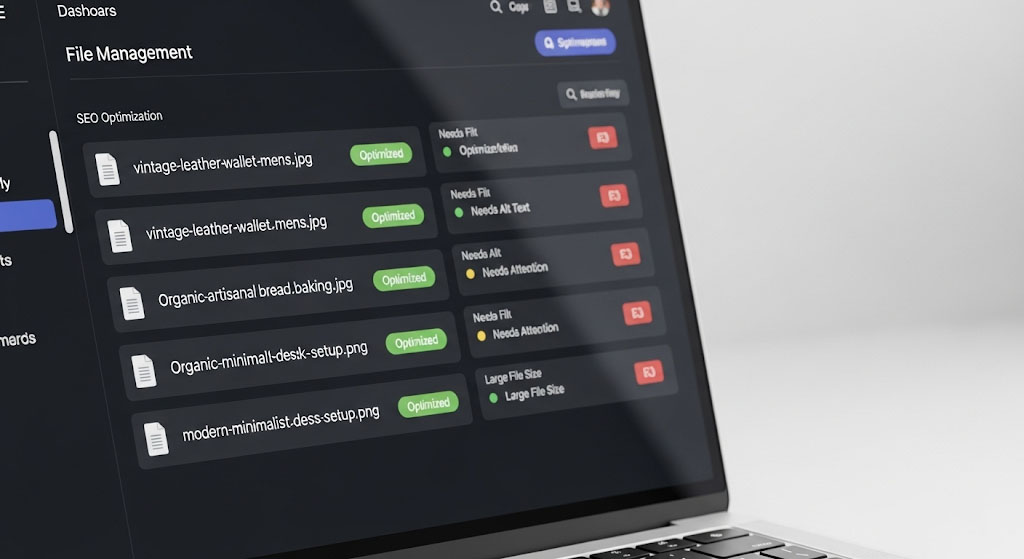Mobile usability is not an optional thing but an essential factor to consider. As the number of users increases in mobile browsing and shopping through smartphones, search engines like Google and Yahoo have prioritized mobile-first indexing. It means your website’s visibility and ranking will increase, and this is a critical factor influencing mobile usability.
A cheap Linux hosting service provider does more than just keep the website live. It affects the speed at how fast your website loads, how it handles traffic spikes, and whether mobile users have a smooth browsing experience or not. If your site lags, crashes, or doesn’t display correctly on phones, users will bounce quickly, and search engines will notice. Let’s explore how hosting impacts your mobile usability score and what you should watch out for.
Impact of Hosting on the Mobile Usability Score Website
- Server Response Time
A fast server response time means the website loads quickly, especially on mobile, where users expect speed. If the React web hosting provider has slow servers, the mobile website may take a long time to load, leading to a poor user experience and lower engagement.
Google ranks server response time as a ranking factor, and it’s also one factor influencing your Core Web Vitals score. A lag in Time to First Byte (TTFB) can negatively impact your score on mobile usability, showing that your site is slow and behind the times.
- Downtime and Uptime Reliability
Frequent website downtime makes mobile users frustrated who want to access the content quickly. If your web hosting provider doesn’t offer at least 99.9% uptime, it could severely affect the mobile traffic and SEO.
Unreliable uptime affects user trust and increases your bounce rate. Hosting downtime can also prevent Google from indexing your mobile pages, reducing your ability to be seen in search.
- Hosting Location and CDN Integration
The physical server location influences the data transmission speed to users. If your server is away from the target audience, it lacks a Content Delivery Network (CDN), and mobile users may experience delays in loading.
Generally, CDNs can help distribute your content across multiple servers around the world. A CDN can speed up delivery and provide a solid experience for users, no matter where they are located. If you use hosting with built-in CDN support, you should be able to improve your mobile usability drastically.
- SSL Certificates and HTTPS
Security is a vital factor when it comes to website usage. It ensures that there is 100% trust in users to browse your website and share sensitive data. A reliable web hosting provider offers SSL certificates, enabling HTTPS to ensure secured data encryption.
Google labels non-HTTPS websites as “Non-Secure,” which keeps mobile users cautious and damages their trust. Secure hosting not only boosts SEO but also enhances the mobile browsing experience by assuring users that their data is safe.
- Scalability for Traffic Spikes
Mobile traffic can often be cyclical in nature, with recurring spikes due to specific events or occurrences. These spikes may be due to sales, special promotions, or viral content. If your hosting solution cannot adequately and quickly scale resources, your mobile site may slow down or crash when you most need it.
A scalable hosting solution, such as cloud hosting or VPS, can help deliver a consistently stable experience even through all user traffic spikes. This can help keep your mobile usability score up by delivering a consistent user experience during a high-traffic situation.
- Mobile-Friendly Hosting Tools
Web hosts offer resources like dashboards with mobile-responsive designs and performance testing tools. These include one-click mobile optimizations, caching systems and mobile analytics. Google Core Web Vitals also checks whether your website is mobile-friendly or not.
These types of features help you monitor and enhance your mobile experience proactively. Selecting a hosting partner that offers built-in usability tools for mobile ensures that you will optimize your site and make your website mobile-friendly.
Conclusion
Your hosting provider plays a vital role in determining how mobile-friendly your website is. From loading speed and uptime to security and scalability, every technical detail can either improve or damage your mobile usability score. Investing in a performance-focused, secure, and scalable hosting solution is a proactive step toward optimizing your mobile presence.
As mobile continues to dominate web traffic, businesses must treat hosting as a foundational element of their SEO and user experience strategies. Choose wisely, monitor continuously, and always prioritize performance, especially for your mobile users.



